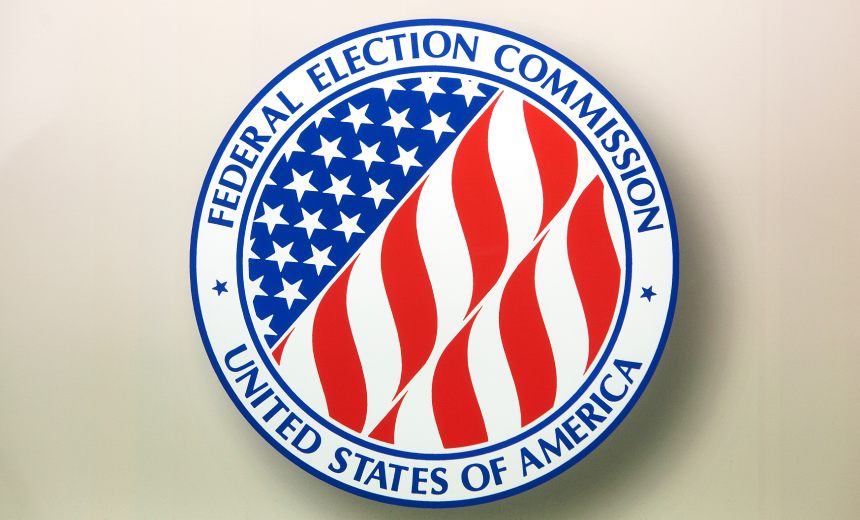Artificial Intelligence & Machine Learning
,
Government
,
Industry Specific
FEC Commissioner Says Group Is Exploring How to Regulate Campaign Deepfakes

A federal agency tasked with regulating campaign finance laws could soon find itself spearheading the fight against the misuse of deepfakes generated by artificial intelligence in political ads.
See Also: Splunk for Public Sector Utilities
Dara Lindenbaum, a commissioner on the Federal Elections Commission, said the independent agency has received thousands of comments from the public in response to a 2023 petition that calls on the FEC to regulate deceptive AI in campaign ads.
“We are in the petition process right now to determine if we should amend our regulations – if we can amend our regulations – and is there a role for the FEC and these campaign finance regulations in this space?” Lindenbaum said Thursday during an event hosted by the Aspen Institute. “In addition, Congress could expand our limited jurisdiction.”
The FEC, which currently operates under authorities exclusively focused on federal campaign finances, unanimously voted in August to approve the petition. The petition requests that the FEC amend its regulations to clarify that an existing statutory prohibition applies to “deliberately deceptive AI campaign advertisements.”
The regulation in question – 11 CFR 110.16 – restricts federal candidates from using fraudulent misrepresentations to attack opposing parties, candidates or their employees.
“Our language is pretty clear and narrow,” Lindenbaum said. “Even if we can regulate here, it’s really only a candidate-on-candidate bad action … unless Congress expands that.”
The threat of AI-generated deepfakes affecting nationwide elections materialized in January when fake robocalls, allegedly from President Joe Biden, discouraged voters from casting votes for him in New Hampshire’s presidential election primary. A Democratic consultant working for a long-shot challenger to Biden for the nomination in late February took responsibility for the calls and told reporters that he made them to draw attention to the threat.
AI systems and other emerging technologies currently remain largely unregulated in the U.S., despite efforts by the White House to gain voluntary commitments from the private sector and prominent developers to responsibly test and deploy advanced models (see: 7 Tech Firms Pledge to White House to Make AI Safe, Secure). But the State Department and other cybersecurity experts have warned those commitments won’t be enough to stop foreign adversaries and other malicious actors from using AI to subvert U.S. national security.
The petition followed a letter sent to the FEC from Rep. Adam Schiff, D-Calif., and 50 Democratic lawmakers that urges the agency to move forward with the rule-making process after initially reaching an impasse on an earlier vote to regulate campaign AI advertising.
“The FEC plays a vital role in our democracy as an independent, nonpartisan regulatory agency created to promote confidence and participation in the democratic process,” the letter says. “As Members of Congress concerned about the ability of generative AI to significantly disrupt the integrity of our elections, we respectfully request that the FEC reconsider its decision.”
The idea of Congress passing bipartisan legislation to better regulate federal campaigns seemed unrealistic just a few years ago, Lindenbaum said Thursday, adding: “But it’s pretty incredible to watch the widespread fear over what can happen here.”
“I see changes coming,” Lindenbaum said about regulating the use of AI in campaign ads. “And there’s a bipartisan discussion.”
